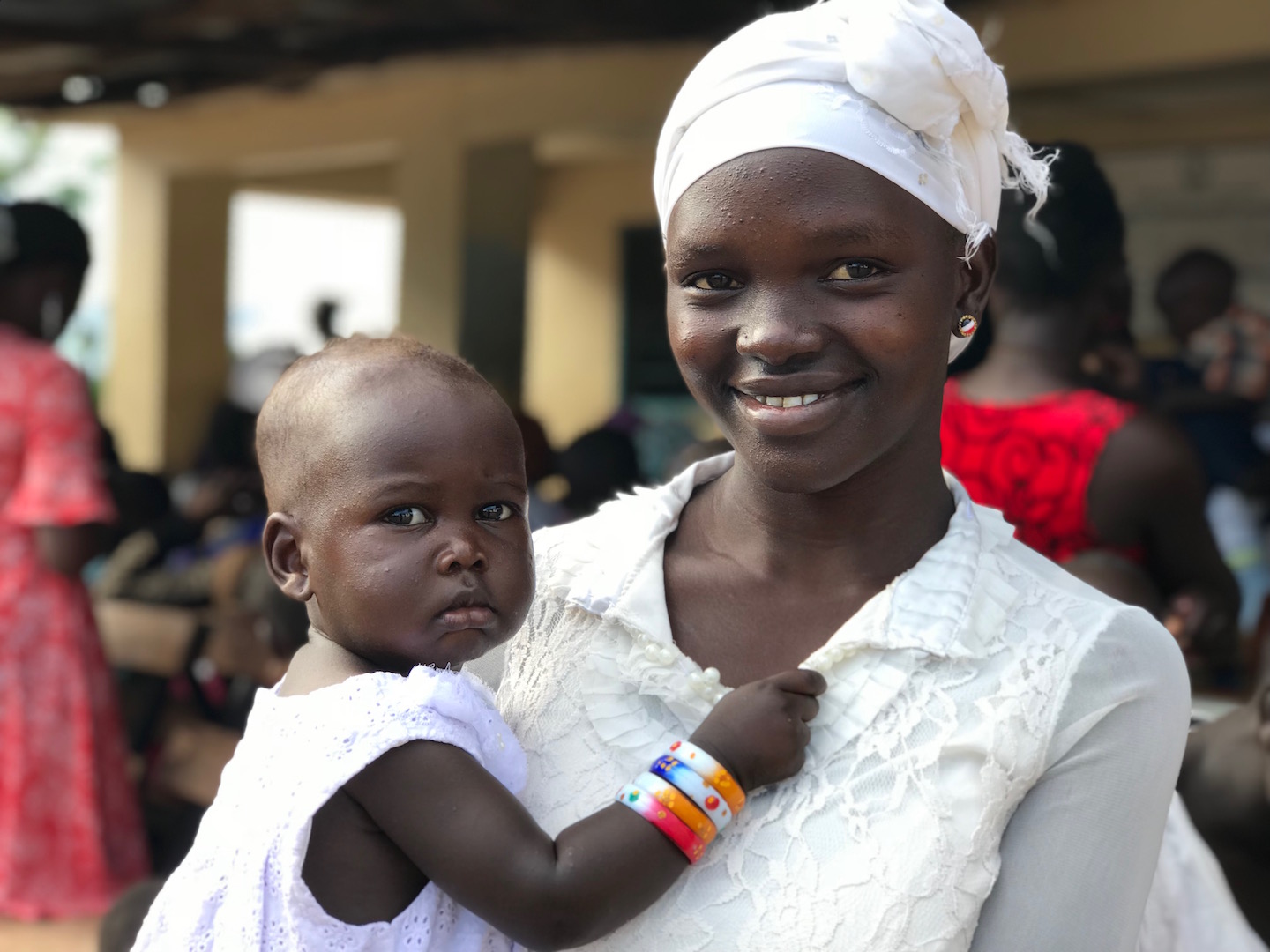Peace and Protection
What we want to see:
- Children experience the love of God and their neighbours.
- Children are cared for, protected and participating.
- Children are celebrated and registered at birth.
- Children enjoy positive relationships with peers, family and community members.
Underdevelopment, poverty, harmful cultural traditions and continuous conflict have left 7.1 million people (61% of whom are children) in need of protection in South Sudan. Children in general and girls in particular are disproportionally affected by the violence in their communities. In South Sudan 45% of girls are forced to marry early.
How is World Vision addressing the issues?
We use a number of approaches to address these issues. Among them, educating women and girls about their rights and equipping them to share the message with others; equipping adults to identify and support children whose rights are being violated and recruiting and training faith leaders to help change harmful practices and mindsets.
Is what World Vision doing working?
Yes! World Vision’s training of faith leaders is not only changing their minds, it also equips them to educate others. In Yambio, 51% of faith leaders initially believed the victims of gender-based violence were to blame and often encouraged harmful cultural practices, such as forcing rape victims to marry their aggressors. After participating in our training 97% now understand the harm gender-based violence has on the survivor.
What’s the impact?*
- 3,040 children were reached with psychosocial support, counseling and/or referred for specialized services through Child-Friendly Spaces
- 300 children who were affected by violence, abuse, neglect or exploitation were referred to case management services
- 34 child protection committees were established and are operational, providing children with a mechanism to report abuse
- 1,348 children under the age of 5 received birth certificates
- 50 faith leaders received training and are now leading local advocacy efforts to reduce the negative stigma often felt by the victim of gender-based violence
- 45 health workers trained in the clinical management of rape
*Numbers from 2016 and 2017
Related Resources:
- Education is informing women and mothers in South Sudan and enabling them to leave behind traditional practices which often put children at risk.
- From child labourer to child rights activist, see how Genge is making a difference for the children of South Sudan today.
